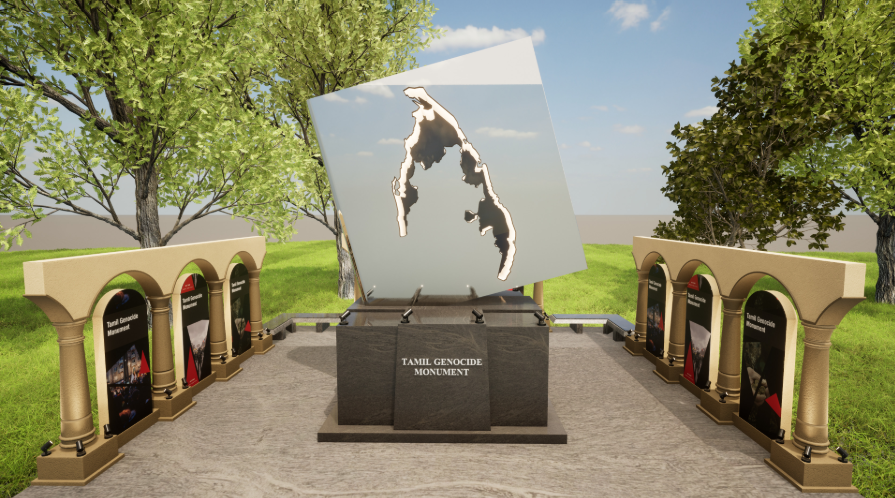
The Sri Lankan government’s representative in Toronto has formally written to the Mayor of Brampton, in a bid to try and halt the construction of a monument dedicated to the victims of the Tamil genocide.
The letter, exclusively released by the Tamil Guardian today, was sent to Mayor Patrick Brown in May 2024, and claims that the construction of a memorial would “severely disrupt communal harmony” within Canada itself.

The final design of the Tamil Genocide Monument that Brampton City Council approved earlier this year.
The Sri Lankan government’s representative in Toronto has formally written to the Mayor of Brampton, in a bid to try and halt the construction of a monument dedicated to the victims of the Tamil genocide.
The letter, exclusively released by the Tamil Guardian today, was sent to Mayor Patrick Brown in May 2024, and claims that the construction of a memorial would “severely disrupt communal harmony” within Canada itself.
Thushara Rodrigo, Sri Lanka’s Consul General in Toronto, goes on to state that the memorial “conveys a deeply distorted and false message of violence”.
Sri Lanka continues to deny that it committed a genocide, despite state forces having massacred tens of thousands of Tamil civilians during a massive military offensive in 2009. Hospitals were repeatedly targeted, widespread sexual violence was deployed and surrendering Tamils were executed on camera during the 2009 operations – events that have since been marked by Tamils worldwide as a genocide. Several UN reports have also documented the restrictions on food and medicine placed on entering Tamil areas during the genocide, a point that Rodrigo directly refuted.
To date, Sri Lanka has refused to hold a single person accountable for the atrocities.
Read more: 15 years today - A massacre in Mullivaikkal
The Sri Lankan government continues to occupy vast swathes of land across the Tamil North-East, where tens of thousands of soldiers remain stationed. Tamil families of the disappeared have also been continuously protesting, demanding to know the whereabouts of their forcibly abducted loved ones, many of whom were handed over directly to the military.
Rodrigo’s letter however claims that Colombo has “released LTTE combatants and handed over the lands in the conflict areas which were previously held by the security forces,” despite the ongoing protests.
.jpg)
A Tamil mother holds a photograph of her forcibly disappeared daughter at a protest last month.
The construction of a memorial Brampton was first proposed in 2021, in response to the destruction of a memorial dedicated to Tamil genocide victims in Jaffna. At the time, Canada's Minister for Foreign Affairs and several MPs condemned the destruction, which sparked widespread protests on the island and in Canada.
“While the Sri Lankan regime attempts to whitewash their own blood stained history, we will do the opposite in Canada,” said Brown at the time, as Brampton City Council unanimously passed a motion to construct a memorial. “We will not forget the Tamil Genocide.”
_0.jpeg)
The original memorial at the University of Jaffna, which was bulldozed in 2021.
The final design was released earlier this year and will see a 4.8-metre-tall stainless steel monument stand permanently in place in Chinguacousy Park.
The move sparked outrage in Sri Lanka, where the Sri Lankan government even reportedly summoned the Canadian High Commissioner in Colombo over the plans.
In his letter, Rodrigo also claims that the Canadian Tamil Congress (CTC), which it calls “one of the leading Tamil Organization in Canada (sic), commenced their humanitarian activities in Sri Lanka with the participation of the Canadian High Commission in Colombo”.
“Also, the CTC has made important engagements with Buddhist monks under the framework of Himalaya Declaration to support the reconciliation efforts (sic),” the letter continues.
The CTC, is a Toronto-based Tamil community organisation that has been functioning for over 20 years. In the past, the CTC, like many other Tamil diaspora groups, demanded justice and accountability for the massacre of tens of thousands of Tamils by the Sri Lankan state in 2009.
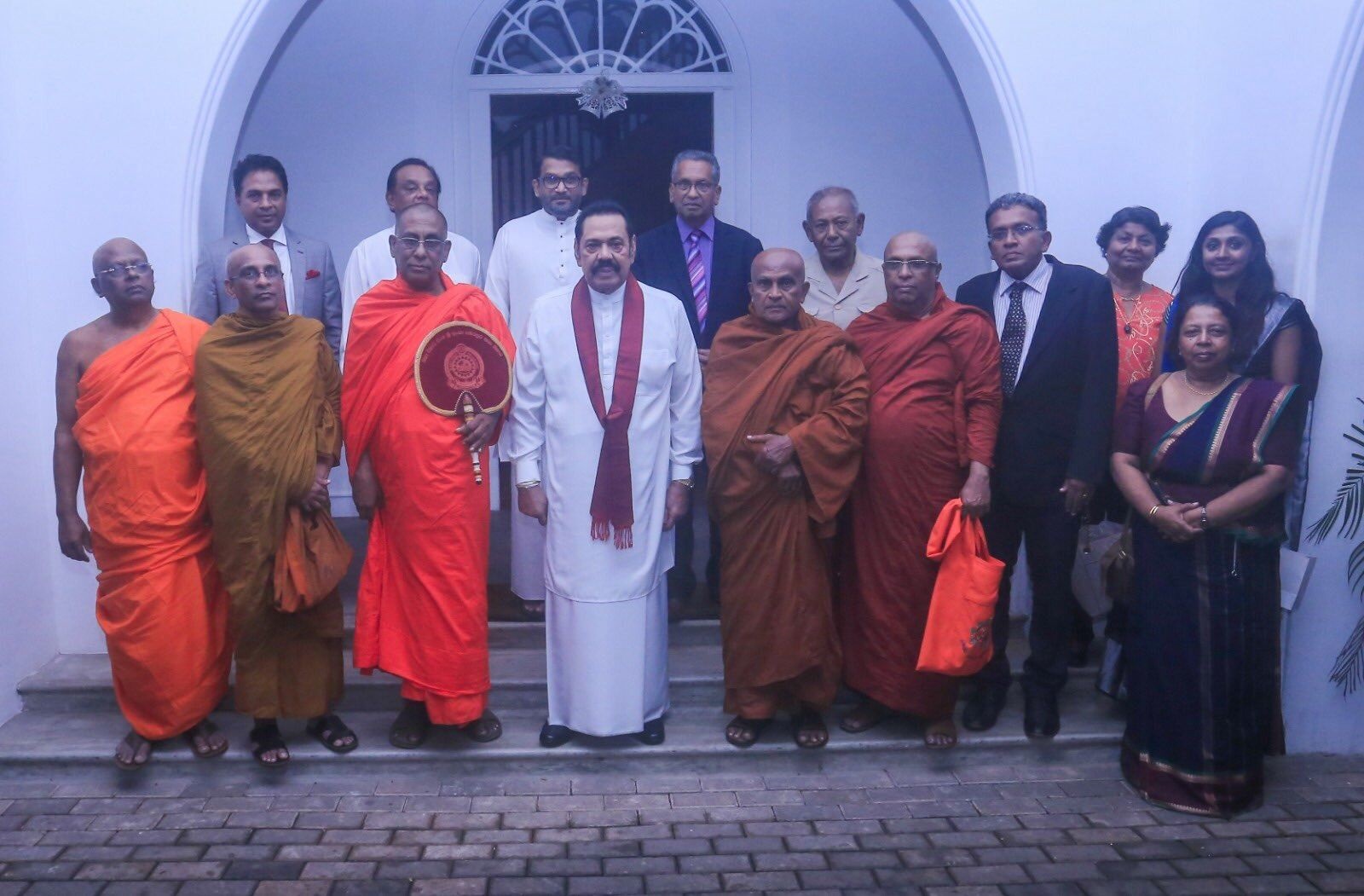
CTC and GTF meet with Mahinda Rajapaksa in December 2023.
However, the CTC and the Global Tamil Forum (GTF) meeting with Sri Lanka’s former President Mahinda Rajapaksa, who directed the massacre of Tamils at the height of the 2009 genocide, triggered outrage last year, with widespread condemnation from the Tamil diaspora who called it a ‘betrayal beyond belief’.
The Sri Lankan government-approved ‘Himalaya Declaration’ initiative has seen CTC and GTF members tour the island, following the signing of the agreement.
In the North-East, Tamil families of the disappeared, women’s organisations, students and clergy rejected it, accusing it of “totally ignoring Tamil grievances and the pain and suffering Tamils have undergone since independence”. Elected Tamil parliamentarians refused to meet with them, whilst dozens of diaspora organisations denounced the initiative, accusing it of undermining calls for an international justice and accountability process.
In Canada, a collection of 18 different Tamil Canadian student and youth organisations have demanded a “public apology” from CTC, whilst at least two members of their advisory council resigned.
Read more: ‘A betrayal beyond belief’ - Tamil Canadians vent their fury at CTC after meeting with Rajapaksa
The latest correspondence from a Sri Lankan state official seems to be the latest in attempts to crack down on those that attempt to commemorate the genocide. Tamils on the island have faced arrest under terrorism charges for trying to do so, even when lighting lamps or raising red and yellow flags.
“This latest attempt from the Sri Lankan government is outrageous,” said Ravi*, a Tamil Canadian activist in Toronto. “Aside from the fact that the Sri Lankan government is guilty of genocide, this is a foreign government attempting to intervene in the domestic affairs of a Canadian city. In our homeland, the government can try and stop us remembering our loved ones and heroes, but they cannot do that in Canada."
"Canadians in Brampton City Council unanimously voted for [building the memorial], and Canadians will ensure that the monument is constructed.”
_____
*Name changed on request
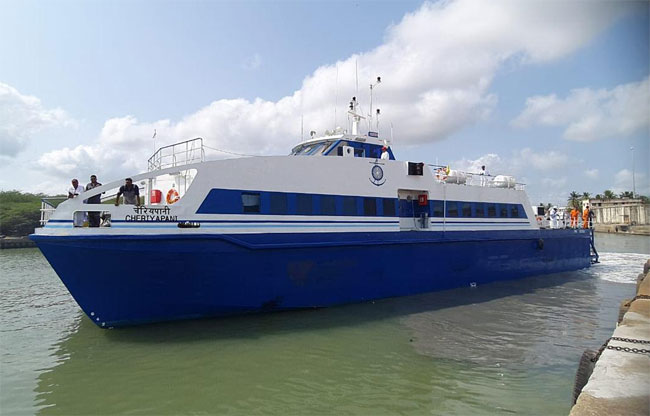



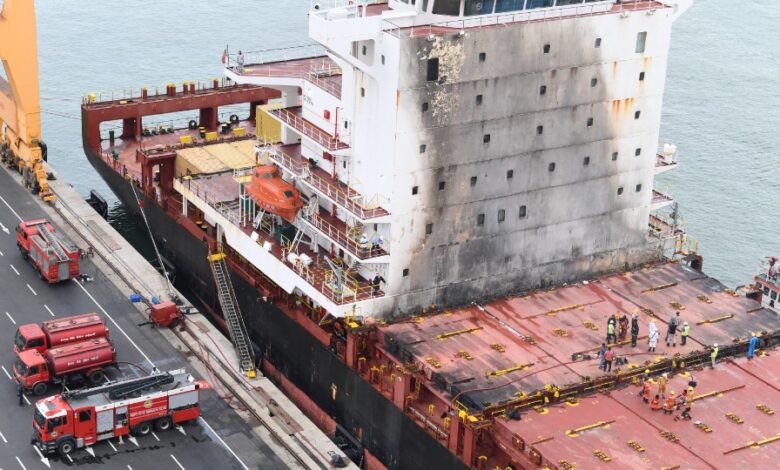

.jpg)
.jpg)
.jpg)
.jpg)
.jpg)
.jpg)
.jpg)
.jpg)
.jpg)
.jpg)
.jpg)
.jpg)
.jpg)
.jpg)
.jpg)
.jpeg)
.jpg)
.jpg)


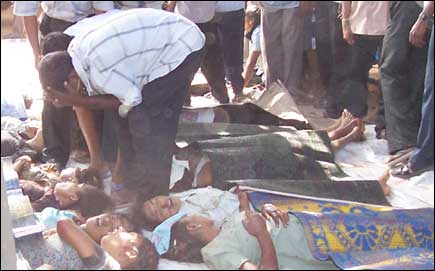

 SLMM official inpsecting the site of the bombing in 2006.
SLMM official inpsecting the site of the bombing in 2006.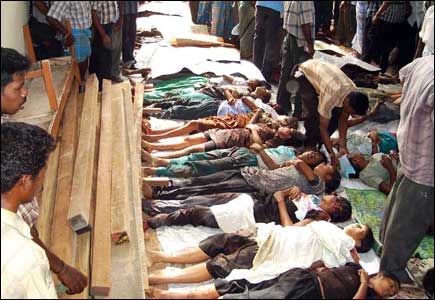 A survivor of the attack, Paranthan Hindu Mahavidyalam student Mary Arulappan Juliet, recalled the horror of the massacre, in an
A survivor of the attack, Paranthan Hindu Mahavidyalam student Mary Arulappan Juliet, recalled the horror of the massacre, in an  Protestors in Geneva, Switzerland condemning the attack.
Protestors in Geneva, Switzerland condemning the attack.
 Protestors in Batticaloa held a march condemning the attack.
Protestors in Batticaloa held a march condemning the attack. In Kilinochchi, demonstrators gathered outside the UNICEF office the day after the bombing.
In Kilinochchi, demonstrators gathered outside the UNICEF office the day after the bombing.
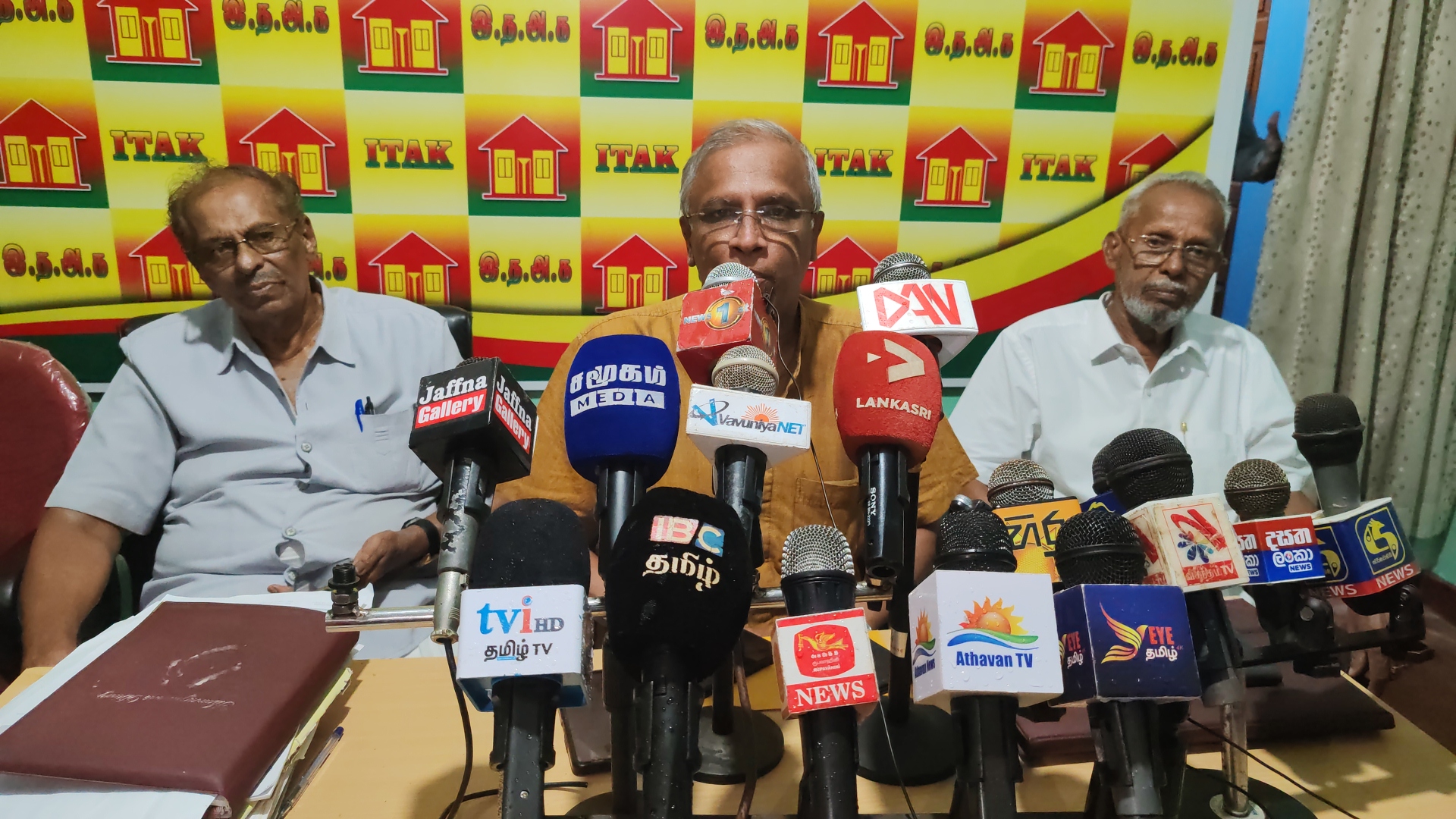
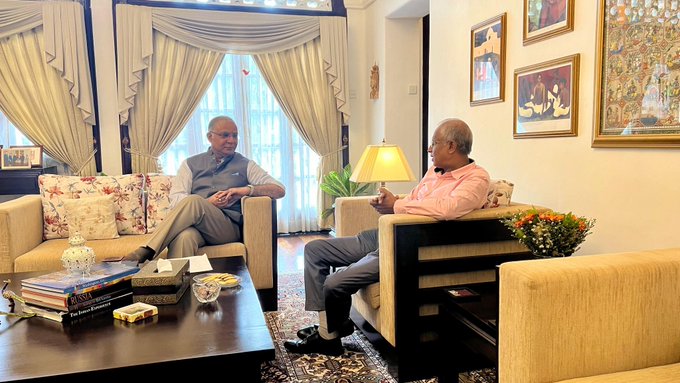

.jpg)
.jpg)
.jpg)
.jpg)
.jpg)

.JPG) 4
4.JPG)
.JPG)
.JPG)
.JPG)


.jpg)


.jpg)
.jpg)
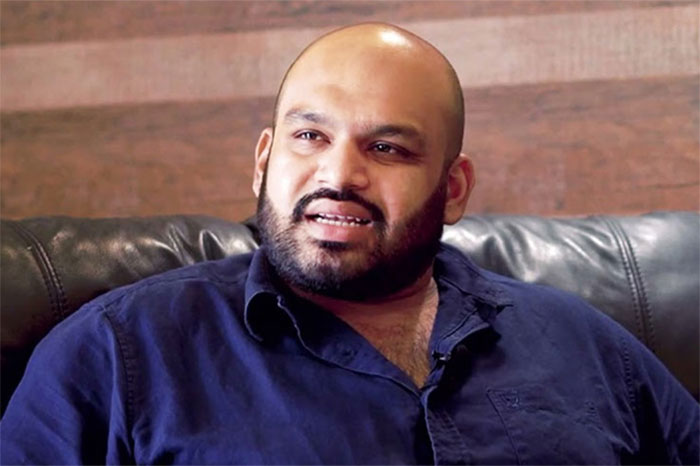

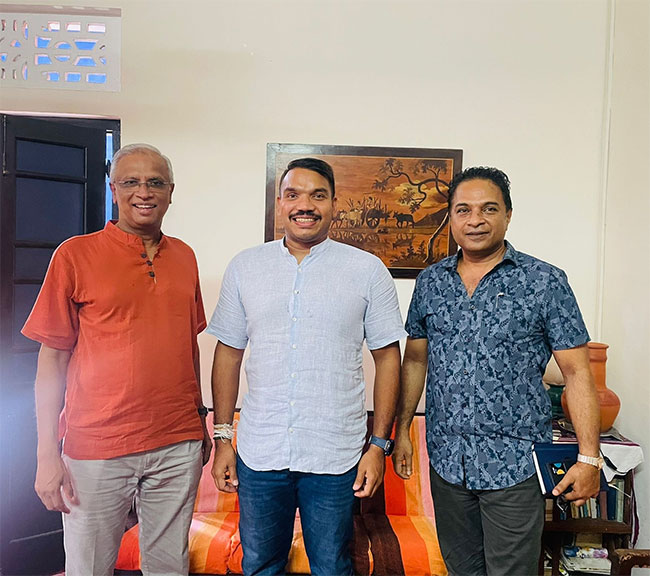

.jpeg)
.jpeg)
.jpeg)

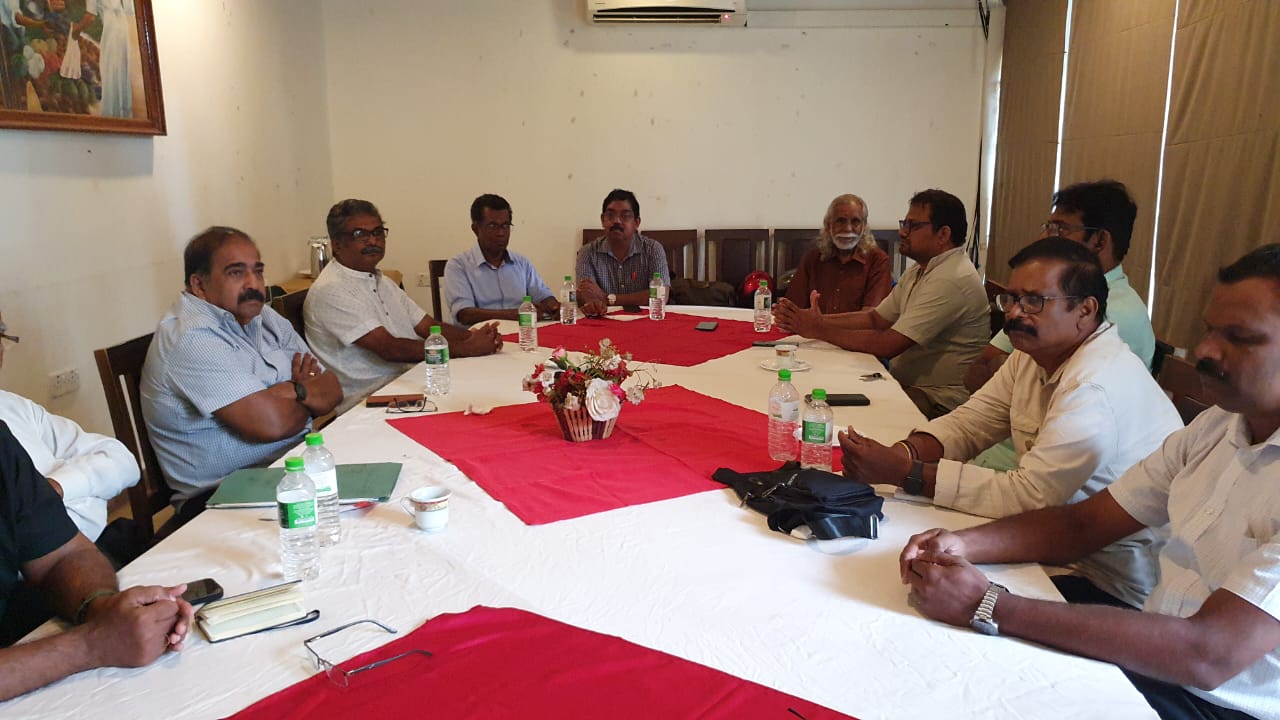
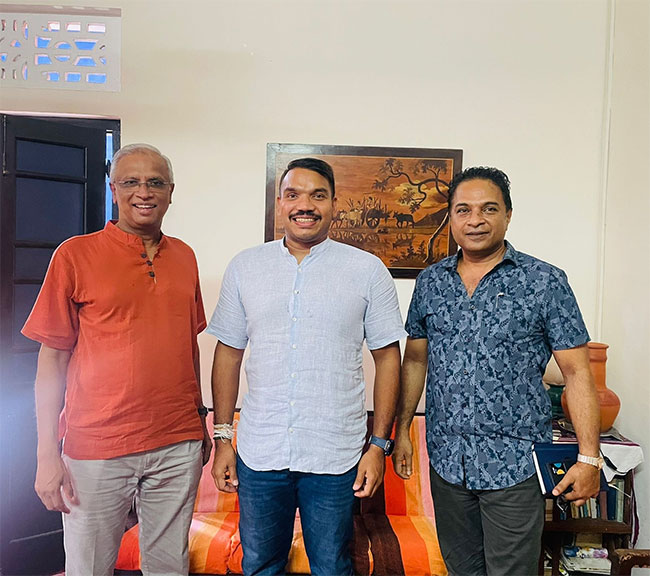

.jpg)
.jpg)
.jpg)